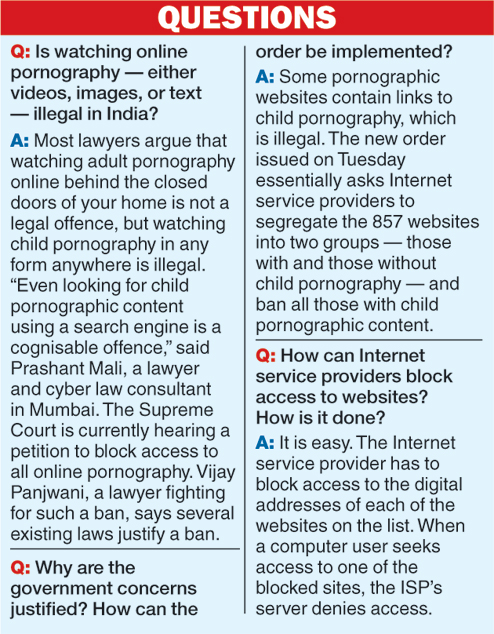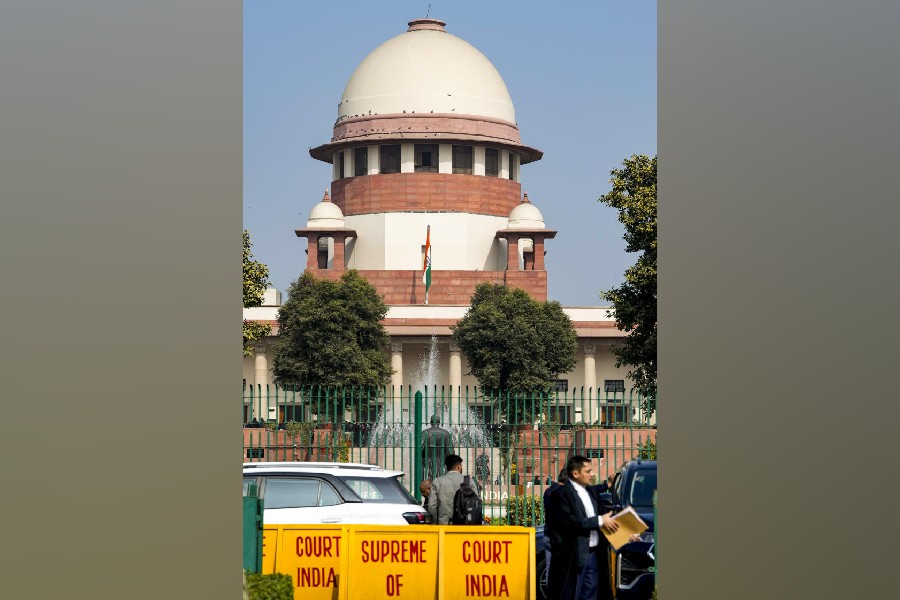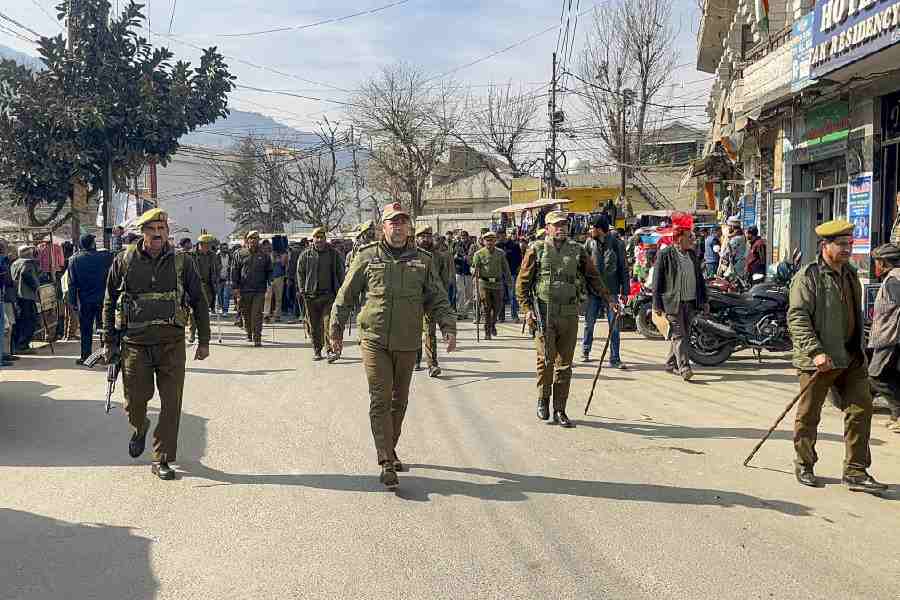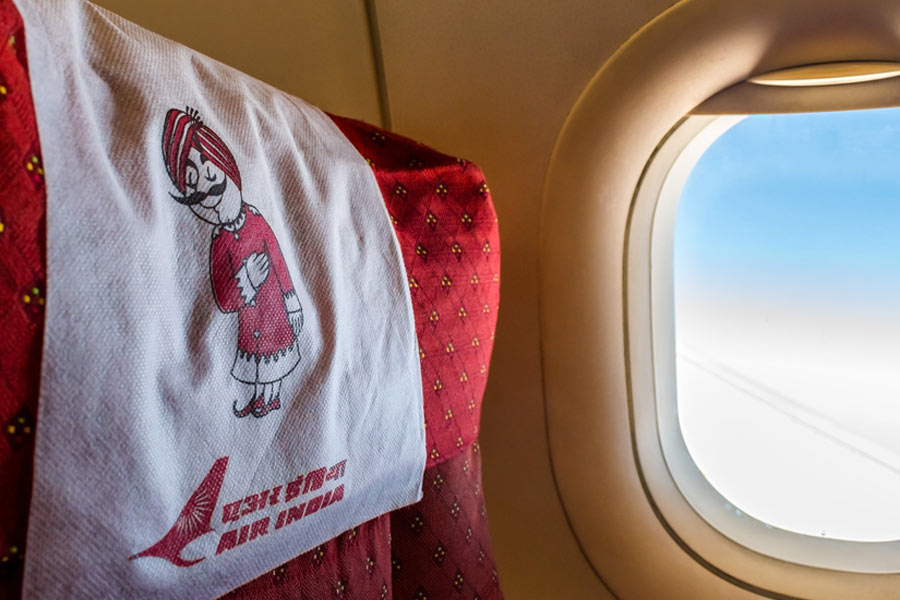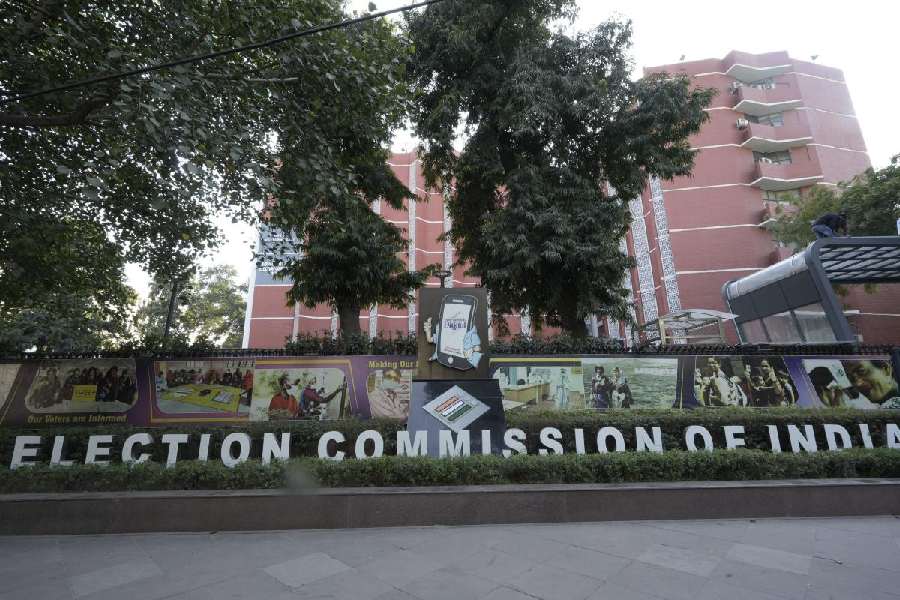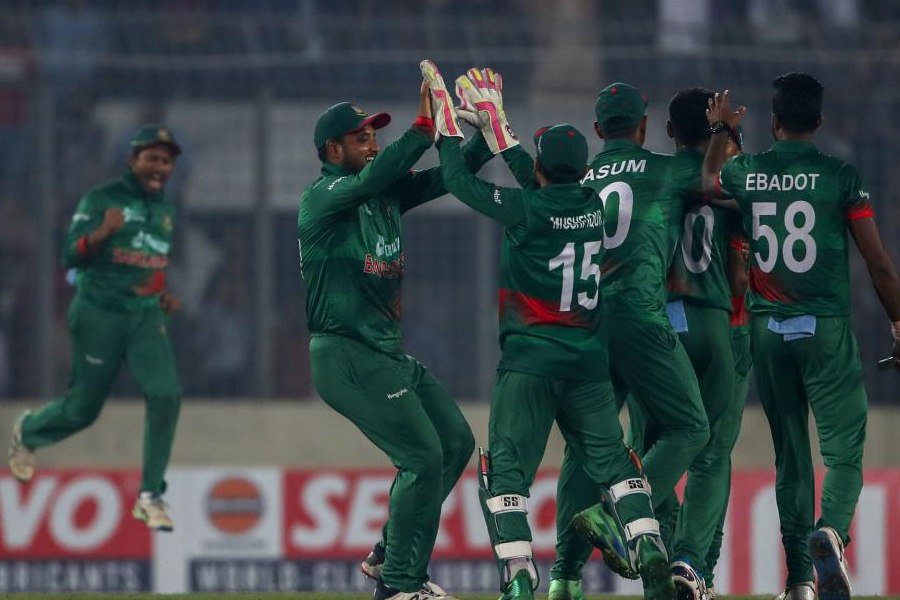
New Delhi, Aug. 4: The Indian government, facing flak over its order last week to block access to 857 pornographic websites, today signalled that its directive was only intended to prevent access to child pornographic content and not to curb freedom on the Internet.
The department of telecommunications (DoT), in a fresh order released today, said Internet service providers are free not to disable any of the 857 (websites) that do not have child pornographic content.
The DoT had on Friday asked Internet service providers in the country to disable access to 857 sites, saying that the content hosted on these websites relates to "morality, decency as given in Article 19(2) of the Constitution of India".
The directive had triggered a debate on social media and other platforms on privacy and morality issues, while cyber law and computer networking experts cautioned that the order was impractical and could even serve as a catalyst to increase traffic to those sites.
The DoT moves came while the Supreme Court is hearing a petition to ban access to all online pornographic content. Senior officials said that today's order is an interim order while the government awaits the court's decision.
"The government is directing Internet service providers to disable sites featuring child pornography, other considerations will be looked into after the court hearing," a senior DoT official said.
Cyber law experts have welcomed the government's clarification.
"The government should focus on achievable targets - no one will have an issue on a crackdown on websites that have child pornography content," said Pawan Duggal, a New Delhi-based lawyer who specialises in cyber security.
Duggal and other experts, including computer science engineers who specialise in networks, point out that the intrinsic architecture of the Internet make it impractical and impossible to prevent access to pornographic content.
"There are technological tools that allow people to access blocked websites," Duggal said.
India's laws dealing with pornography seek to balance the right to privacy and personal freedom to access any information through the Internet with the need to impose a complete ban on child pornographic content, some lawyers argue.
Under current laws, these lawyers say, watching adult online pornography in the privacy of a home is not illegal. "But even searching for child pornographic material on search engines is a cognisable offence," said Prashant Mali, a Mumbai-based cyber law consultant.
Internet specialists point out that attempts to block a site could prove futile as those keen on accessing blocked websites could reach them through "proxy servers" which are computers on the Internet that allow users to anonymously access websites.
Dheeraj Sanghi, professor of computer science at the Indian Institute of Information Technology, New Delhi, who specialises in networks and security, said that while an Internet service provider could easily block access to a site, it would be difficult to differentiate between sites that provide links to child pornography and those that do not.
However, Vijay Panjwani, a lawyer who is arguing for the petition in the Supreme Court, said several existing laws in India make all pornography illegal. He said there is no justification to differentiate between adult and child pornography.
Section 67 of the Information Technology Act 2000, the Indecent Representation of Women (Prohibition) Act 1986, and Section 292 of the Indian Penal Code contain provisions that make pornography illegal, Panjwani said.

